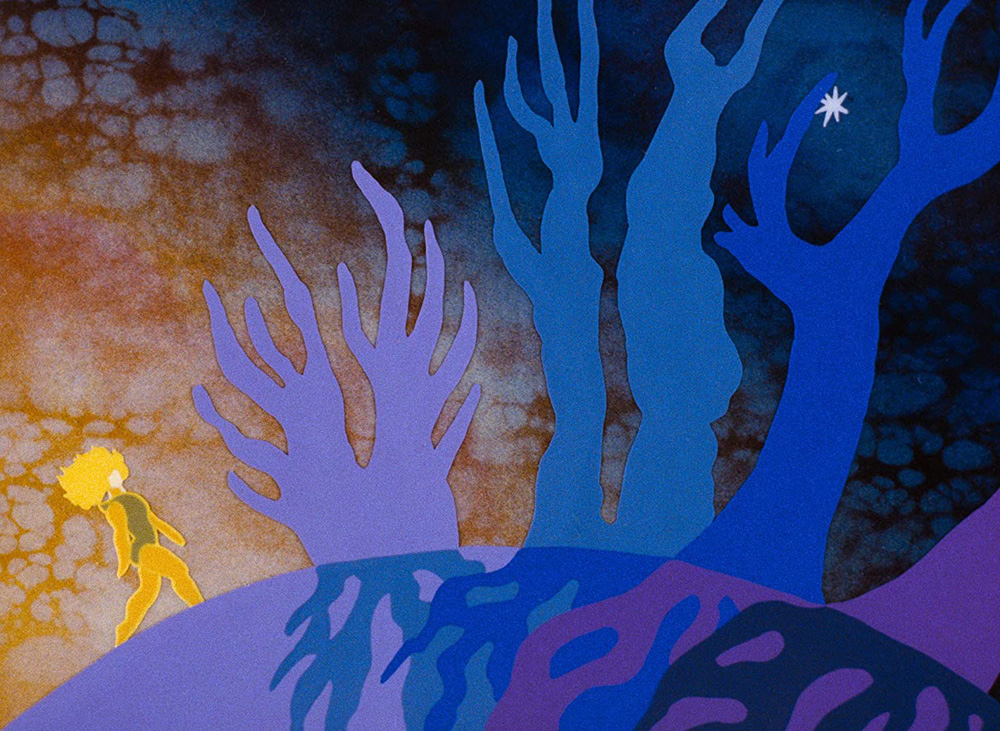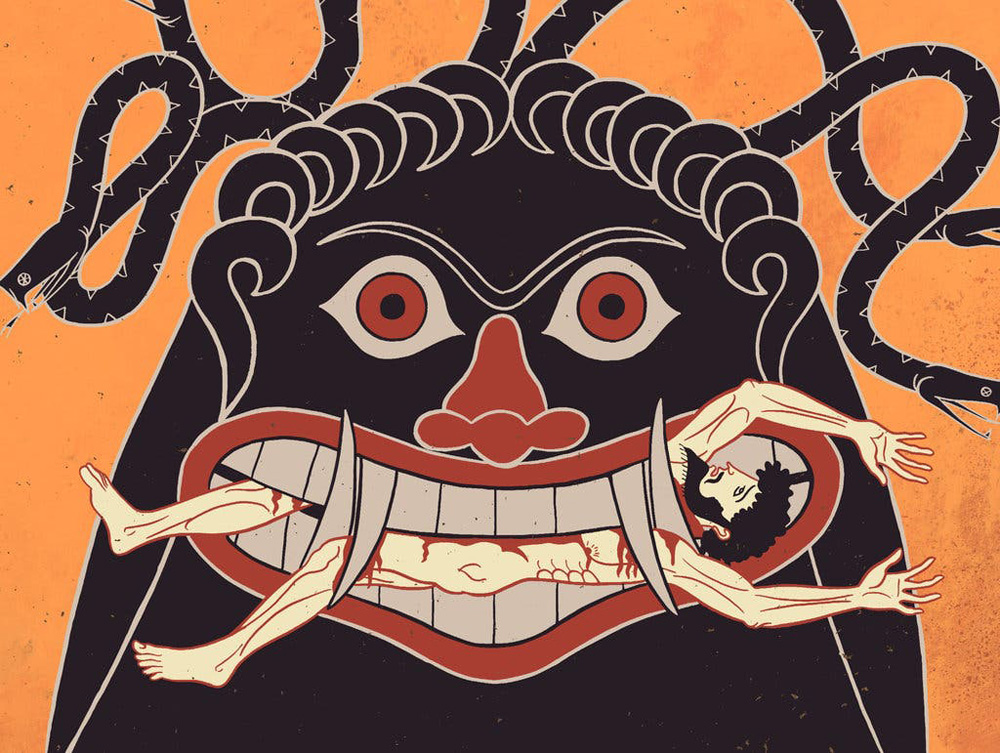Acclaimed animation director/writer/designer and illustrator Marcell Jankovics died early Saturday, May 29, in his lifelong hometown of Budapest, according to Daily News Hungary. The news was shared by the Hungarian Academy of Arts / Magyar Művészeti Akadémia (MMA), of which he was honorary president. The 79-year old was described by the MMA as a “visual artist and public figure, a scholar of fairy tales … with an exceptionally wide-ranging, varied work.”
Born in the Hungarian capital on October 21, 1941, Jankovics showed an early passion for visual storytelling — as a young man, he drew comic strips inspired by the work of notable authors like Oscar Wilde, Ray Bradbury and Stanislaw Lem. Shortly after high school, he found a position at the local Pannonia Film Studio — the country’s largest animation studio. In 1964, he was made one of three directors on the successful Gustavus series of cartoon shorts (with Attila Dargay and József Nepp). By 1965, he was a director at the studio, later being named Art Director of Pannonia in 1995 and then Managing Director from 1996-2007.
Over his long career, Jankovics created several hundred shorts and features which drew on stylistic influences from ancient folk art to 20th century psychedelia, displaying a wide range of bold stylistic and color choices. He was nominated for the animated short Oscar for his 1974 film Sisyphus (later used in a GMC Yukon Hybrid commercial for the 2008 Super Bowl) the monochrome inkbrush rendering of the Greek myth features struggling vocals recorded by Jankovics as he pushed against a wall. In 1977, he won a Palme d’Or at Cannes for his short film The Struggle.
Jankovics won multiple awards from the Kecskemét Animation Film Festival, held in the ancient city about a 100km (60ish miles) outside Budapest. These honors include the 1st KAFF prize for Best Series for The Transylvanian Woman and the Devil (1985), two additional Best Series awards for Hungarian Folk Tales (1988/1996), Best Animation for Tangram (1988), the Cultural History prize for Jankula (1993), the KAFF-sponsored National Radio & Television Commission Award for Song of the Miraculous Hind (2002) and Best Visual Language as well as a Jury’s Special Mention for The Tragedy of Man — this fourth feature film by the visionary animator was in production from 1988 to 2011, released in installments.
His notable works also include Johnny Corncob (1973) and the feature film Son of the White Mare (1981), which made its U.S. debut in a virtual theatrical run of the new 4K restoration last year; the film (Fehérlófia in Hungarian) is getting a North American Blu-ray release from Arbelos Films on June 8. In addition to his work with Pannonia, Jankovics was involved in various creative capacities on outside projects — including a graphic designer assisting the pre-production team for Disney’s The Emperor’s New Groove.
Jankovics was honored with the Leonardo da Vinci World Award of Arts in 2009, presented to him by the World Cultural Council for his contributions to Art-Philosophy. In addition to his animation work which broadly reflects his interests in folklore, Jankovics was a renowned authority on fairytales, mythology, symbolism and other aspects of cultural history. He published numerous books and over a hundred articles on the subject and giving his time to speak at conferences, cultural societies and schools as well as taking part in national program planning. As well as serving the MMA, Jankovics became President of the Hungarian Cultural Society in 1998 and President of the education-focused St. Stephen Foundation in 2006.



